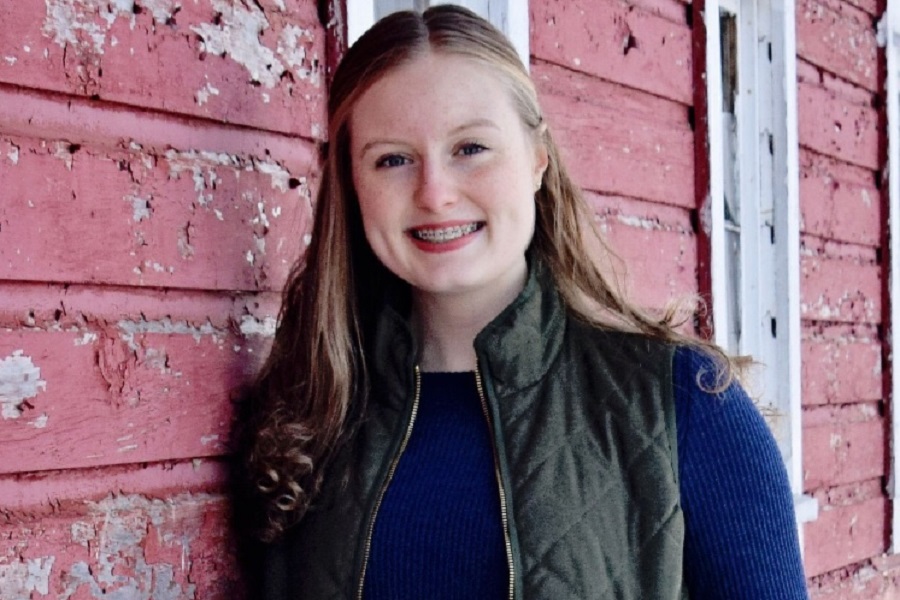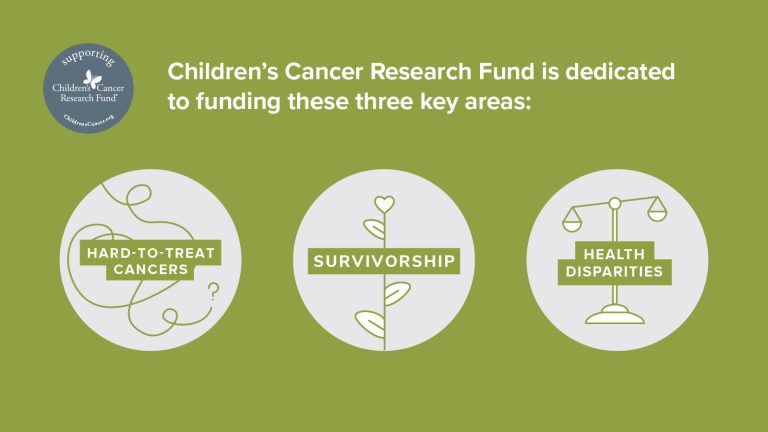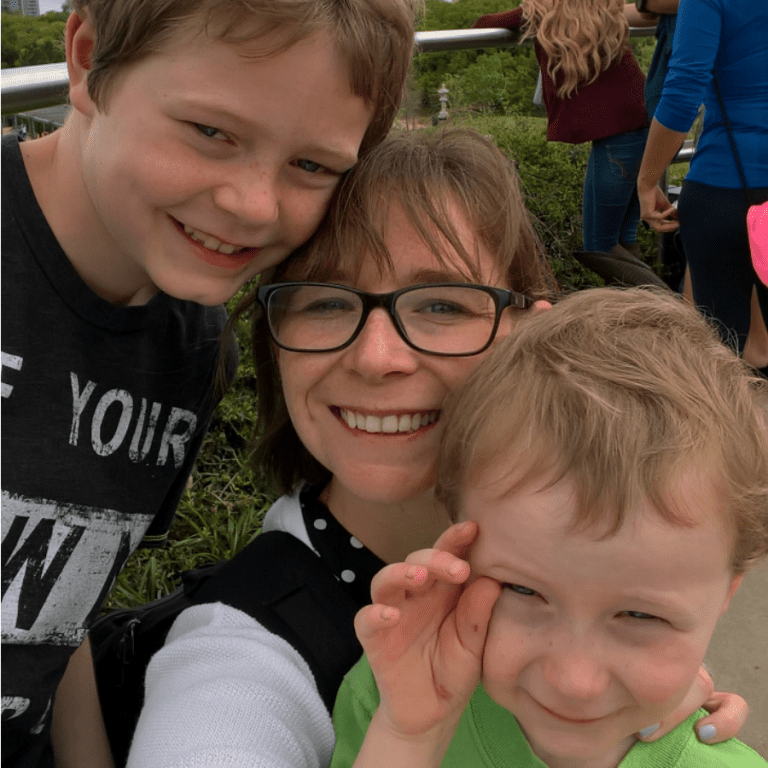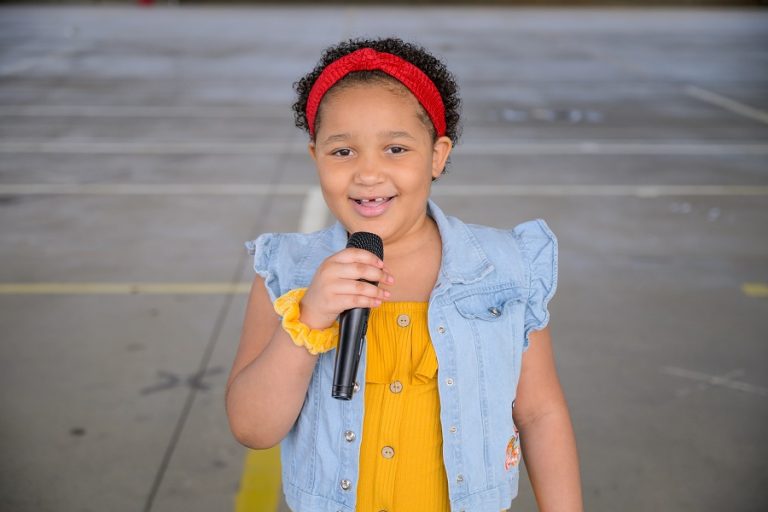This essay was written by Gracie Bahr, a 17-year-old cancer survivor who found comfort in music therapy.
The sunrise begins to peek through the grand window of the hospital room and shines on a young child. As she wakes up, you notice that she is a feeble, thirteen year old girl. This is the girl’s third year treating for cancer. She is now trying something new, a transplant, which has to be done in a big city, hours from her home. This became their last resort, after she has relapsed again.
Being in a big city, in a big hospital, with a big hospital staff is uncomfortable for her. She was wary about being there at first, afraid that no one would care about her, since they have so many other patients to care for. Until she met Greta, the music therapist.
Have you ever listened to music before? Have you ever listened to music when you are having a dreadful day? Or when you are trying to get excited for something, like when you are about to play in the state championship game for basketball? Do you notice how it changes your emotions? How it can turn an awful mood into an awesome mood or even calm you down after an intense situation? It has been proven that music can help with clinical depression, Alzheimer's disease, dementia, anxiety, and even seizures. The reason for this is that music actually changes your brain chemistry.
Many people ask if the effects of music therapy to your health is true. Does it really help with memory? Can it really relieve pain? The truth is, that it unfortunately does not work for everyone. However, many people experience relief from many different things. From decreasing seizures to even just boosting your mood from a rough day, it has been a proven remedy for many years.
Now, is it fair to all who choose to participate in music therapy? In my opinion, yes. It can not hurt you, so you should take your chances to see if it will help you. Be that as it may, you must find the right style of music that best suits you, because past experiences influence how we view things in the present and future. For that reason, not everyone has the same preferences of music.
A question that is not commonly asked is, “will it build goodwill and better friendships?” When people make music together, there is a harmony involved (if you want your sound to be pleasing). To achieve this harmony, you have to synchronize your performance together. The action of coordination in the playing of an instrument along with how your heart rate begins to match the beat, produces endorphins in your brain.
One of the endorphins produced is oxytocin, which helps lower cortisol, reducing your stress, and is known for experiencing a bond with someone. Most commonly it is seen during childbirth, this is a major bond between the mother and child, besides the one already formed while the mother carried her child for months. Oxytocin creates the positive, warm feeling you get when listening to or playing music. It also creates a response of closeness between the people you are engaging in your musical adventure with, thus establishing a long lasting bond and better friendships.
There is one final inquiry that needs to be addressed. Will music therapy be beneficial to all who are concerned? Music, and music therapy, improves many conditions impacting people of all ages. When listening to music, especially in person, your brain produces serotonin and dopamine. These endorphins help regulate your mood, block pain receptors (so your pain level is reduced), memory and depression.
Music also stimulates a part of your brain called the hippocampus, which controls your memories. This has been vital in helping improve memory in patients with dementia and Alzheimer’s. Overall, music has many beneficial aspects to our physical and psychological well-being.
In conclusion, it is true that music therapy can be beneficial to anyone who chooses to give it a try. From building bonds and bettering friendships, lowering depression levels, and helping improve conditions such as Alzheimer’s and dementia, music therapy is an honorable solution to undertake for any situation. So, whether you are actually visiting with a music therapist, are in the car headed to work, or even just brushing your teeth; turn on some music and listen to the healing happen.
Greta spent many hours playing her guitar and singing for the girl. Sometimes she tapped on the bongos a little to the melody, sometimes she simply just listened to Greta’s mesmerizing abilities. They started to establish a bond together. Eventually Greta taught her how to play the ukulele. This was something she had desired to learn for a long time. After that, she began to play her ukulele while Greta sang. She played until she had blisters on her fingers.
It had been over three years since she had felt “normal.” She could only faintly remember what it felt like to not be so ill. Music therapy was such an enchanting experience that fascinated her. From the first time she met Greta and began to experience her gifts of music, she did not feel sick. From the time that the girl listened to her or played along, she did not feel any pain. For the first time in three years, she felt like herself. She listened to the healing happen.
Written by Gracie Bahr
Gracie is a 17-year-old cancer survivor and high school student from Minnesota. She originally wrote this essay for a high school class, and it later won first prize in an essay contest by her local Rotary Club. Learn more about Gracie by reading her story, "The Healing Power of Music Therapy."
Support Programs for Kids Fighting Cancer
Your gift to Children’s Cancer Research Fund supports programs like music therapy and other integrative therapies that enhance healing and make tough days easier for kids fighting cancer.




